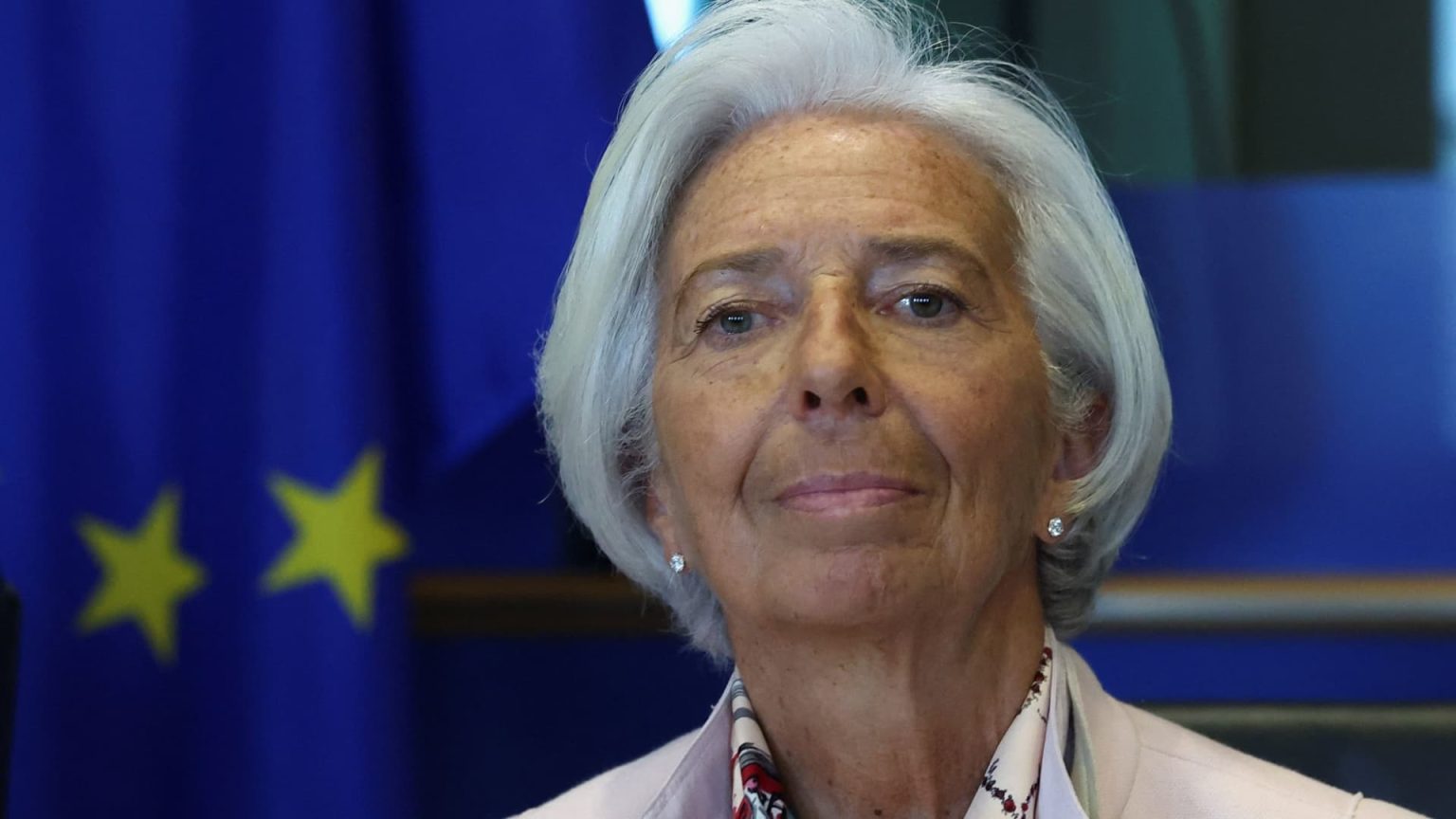President Christine Lagarde on Thursday said she was “proud and honored” to leead the European Central Bank, after her leadership was slammed in a union-run survey of staff.
She was responding to a question about the findings, published by ECB union IPSO earlier this week, in which more than half of respondents rated her performance so far as “very poor” or “poor.”
The survey’s qualitative responses suggested some staff believed she had created a negative atmosphere at the central bank, and that she spends “too much time on topics unrelated to monetary policy,” IPSO said.
Appearing unfazed, former politician and lawyer Lagarde said that the ECB conducted its own surveys in a “way that we can trust.” These showed a majority of respondents say they are happy to work at the institution, would recommend working there to a friend, and felt a mission associated to their work.
The surveys are conducted by around 60% of employees, and also cover wages, respect in the workplace and workplace satisfaction, she said.
“We pay great attention to these technically sound responses and we act upon them, and we will continue to do so. What keeps me going is those answers,” Lagarde told reporters in a briefing following the ECB’s January monetary policy meeting.
“And I’m extremely proud of the staff of the ECB, and I’m very proud and honored to lead the institution, because we are driven by mission. Delivering price stability, but serving the Europeans, and we will continue doing that,” she continued.
IPSO’s survey was completed by around 1,100 people. The ECB has more than 5,000 employees and trainees.
The union said the responses “generally” described Lagarde as being “an autocratic leader” who does not necessarily act according to the values she proclaims.
She was rated significantly more poorly than her predecessors Jean-Claude Trichet and Mario Draghi, it said.
An ECB spokesperson called the survey “flawed” and said it included topics that were not specific to the presidency and outside of IPSO’s remit. They also said it could have been filled out multiple times by the same person.
—CNBC’s SiIvia Amaro contributed to this article.
Read the full article here




